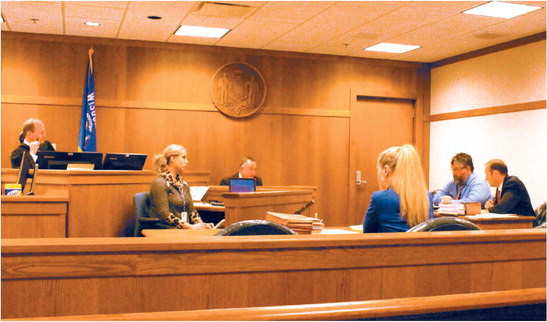Attorney says former sheriff went too far


Steve Bowers’ attorney says county did illegal search of online account
A Taylor County deputy facing felony misconduct charges was back in cou...


Steve Bowers’ attorney says county did illegal search of online account
A Taylor County deputy facing felony misconduct charges was back in cou...